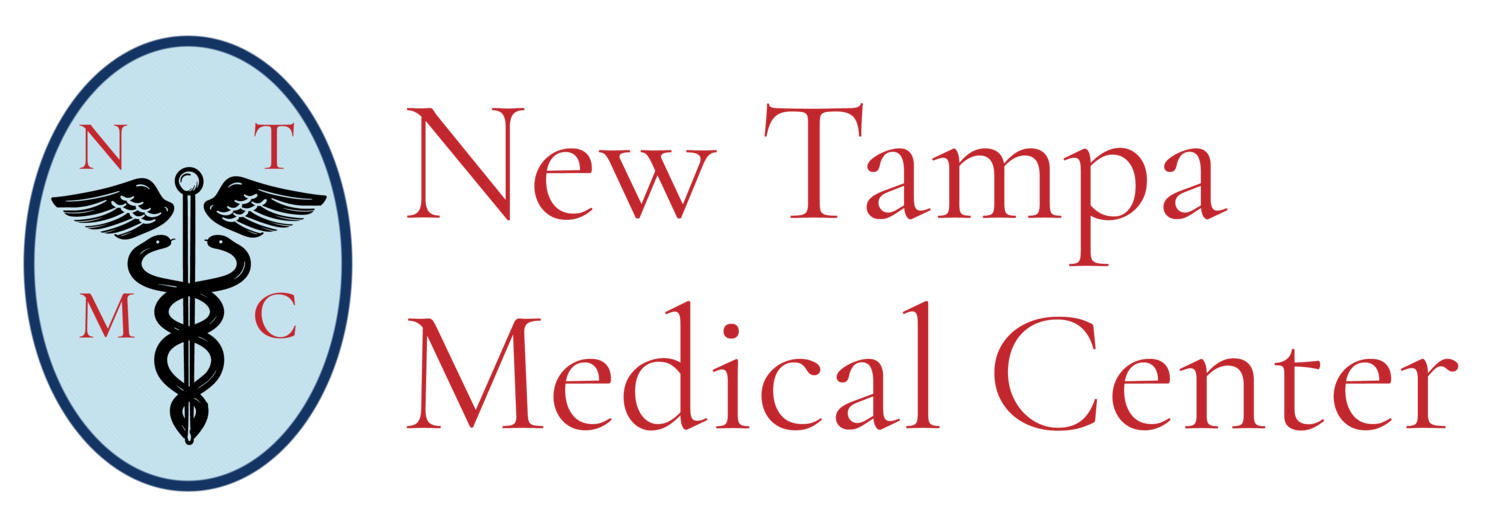9 Reasons to Never Miss Your Regular Medical Check-Ups
It’s pretty easy to skip your medical check-ups, especially when you’re busy with work, and your body feels healthy enough. However, while it might seem inconvenient or unnecessary, regular medical check-ups are vital for maintaining your overall health and well-being.
The truth is that many illnesses can be properly managed and even cured if caught early. That’s where regular medical check-ups play their role. They help you identify potential health problems before they become serious.
What qualifies as a regular medical check-up?
A regular medical check-up is a routine visit to a healthcare provider for a general examination of your overall health. The frequency of these check-ups typically depends on your age, health status, and any specific risk factors.
Here are some common components of a regular medical check-up:
Physical exam: This includes measurements like height, weight, blood pressure, and pulse, as well as an examination of your head, neck, chest, abdomen, and extremities.
Medical history review: Your provider will review your personal and family medical history to identify potential risk factors or health concerns.
Immunizations: You may receive vaccinations to protect against preventable diseases depending on your age and immunization history.
Screening tests: You may also undergo screening tests for conditions such as high blood pressure, high cholesterol, diabetes, cancer, and sexually transmitted infections. This depends on your age and risk factors.
The recommended frequency of regular medical check-ups varies by age group:
Children: Children require regular medical check-ups to monitor growth, development, and overall health. The frequency of these visits will depend on your child’s age and any specific health concerns.
Adults: Adults generally need to see their primary healthcare provider for a physical exam at least once a year. However, the frequency may vary individually based on age, health status, and risk factors.
Older adults: As people age, the frequency of medical check-ups may increase to monitor for age-related health conditions.
Consult with your healthcare provider to determine the most appropriate frequency of regular medical check-ups for you. Most importantly, stick to the frequency.
Why people skip routine check-ups
People skip their routine medical check-ups for several reasons, such as:
Busy schedules
Lack of symptoms
Fear of bad news
Medical cost
Lack of trust in healthcare providers
Cultural beliefs
Reasons to never miss your regular medical check-ups
Early Detection of Serious Health Conditions
One of the most significant benefits of regular medical check-ups is the early detection of serious health conditions, when they are often easier to treat. During these routine appointments, your healthcare provider will perform physical exams, conduct tests, and review your medical history to identify potential health problems.
Early detection can significantly improve your chances of a successful outcome and prevent the progression of serious illnesses.
For example, regular checkups can help detect:
Cancer: Early detection of cancer can significantly improve treatment outcomes.
Heart disease: Regular blood pressure and cholesterol checks can help identify early signs of heart disease.
Diabetes: Consistent blood sugar tests can help diagnose diabetes before it causes serious complications.
Other chronic conditions: Regular check-ups can also help identify other chronic conditions such as kidney disease, thyroid disorders, and respiratory problems.
2. Preventive Care
Regular check-ups are an essential part of preventive care. Preventive care helps you address potential health issues early on, allowing your healthcare provider to recommend lifestyle changes, medications, or other interventions to prevent serious complications.
Some examples of preventive care measures that can be recommended during check-ups include:
Vaccinations: Regular check-ups are an opportunity to ensure you are up-to-date on all necessary vaccinations.
Lifestyle advice: Healthcare providers can offer advice on healthy eating, exercise, and stress management.
Screening tests: Regular screenings for conditions such as high blood pressure, high cholesterol, and sexually transmitted infections can help identify potential problems early on.
3. Managing Chronic Conditions
If you have a chronic health condition, regular medical check-ups are essential for managing your condition and preventing complications. Your healthcare provider can monitor your symptoms, adjust your treatment plan as needed, and provide guidance on managing your condition effectively.
Regular check-ups can also help identify any early signs of complications or changes in your condition.
4. Improved Quality of Life
Regular check-ups can significantly improve your quality of life. By addressing health concerns early, you can prevent complications and maintain your independence. This can allow you to enjoy your daily activities and participate fully in life.
For example, regular check-ups can help you manage chronic conditions, prevent complications, and identify and address mental health issues, such as anxiety or depression.
All these will ultimately improve your overall well-being and sense of control over your health.
5. Access to Essential Services
Regular check-ups provide you with access to essential healthcare services. Your healthcare provider can:
refer you to specialists for further evaluation or treatment
prescribe medications or other treatments as needed
provide you with timely medical intervention in emergency cases
provide guidance on healthy lifestyle choices, such as diet, exercise, and stress management
connect you with community resources, like support groups or health education programs
By staying connected with your healthcare provider through regular medical check-ups, you can ensure you have access to the resources and support you need to maintain your health.
6. Personalized Health Advice
Regular check-ups offer a valuable opportunity to receive personalized health advice from your healthcare provider. During your visits, you can discuss any concerns or questions about your health while your doctor provides tailored recommendations based on your needs and risk factors.
Personalized health advice from your primary healthcare provider is more effective and accurate because they fully understand your medical history.
7. Identifying and Addressing Lifestyle-Related Risks
Regular medical check-ups provide an opportunity to identify and address lifestyle-related risks that can contribute to health problems.
Your healthcare provider can discuss your lifestyle habits, such as diet, exercise, and smoking, and offer guidance on making healthier choices. For example, suppose you have a family history of heart disease. Your healthcare provider can recommend lifestyle changes, such as eating a healthy diet and exercising regularly, to reduce risk.
It also allows your doctor to track the effectiveness of previous lifestyle changes based on your health condition.
8. Monitoring Medication Effectiveness and Side Effects
If you are taking medications, regular check-ups are important for monitoring their effectiveness and identifying any potentially dangerous side effects.
Your healthcare provider can adjust your medication dosage or recommend alternative treatments as needed.
Regular monitoring can also help prevent medication interactions, which can occur when you take multiple medications at the same time.
9. Staying Informed about Health Trends
You can learn about the latest health trends and recommendations during routine check-ups.
Your healthcare provider can discuss emerging health issues and guide you on how to protect yourself and your family. If you are dealing with a chronic disease, your doctor can also inform you about new research findings related to your condition.
Medical check-up screening list
When it comes to medical screening, some tests/screenings are gender-specific. For example, prostate examination is done for men only, while cervical cancer screening is done for women.
Here are some gender-specific screening tests:
Screening Tests for Women
mammograms
Pap smear
bone density tests
thyroid function tests
pelvic examinations
Screening Tests for Men
testicular cancer
prostate cancer
colorectal cancer
abdominal aortic aneurysm screening
Final Thoughts
Skipping regular medical check-ups can be a dangerous gamble with your health.
The benefits of these routine appointments far outweigh the inconvenience. From early detection of severe illnesses to preventive care and mental health support, regular check-ups are essential for a healthy and fulfilling life.
Consider the potential consequences of neglecting your health and compare that with the peace of mind that comes from knowing your health is being monitored. The early detection of a severe condition that could have been fatal or the relief of addressing a mental health concern that was affecting your quality of life can give you peace.
This is just an example of the countless benefits of regular medical check-ups.
At New Tampa Medical Center, we understand these benefits nad that is why we have our specialized health professionals working tirelessly to ensure the optimal health of our patients through preventive health care services. Don’t let fear, inconvenience, or a busy schedule prevent you from prioritizing your health.
Your future self will thank you for it.




